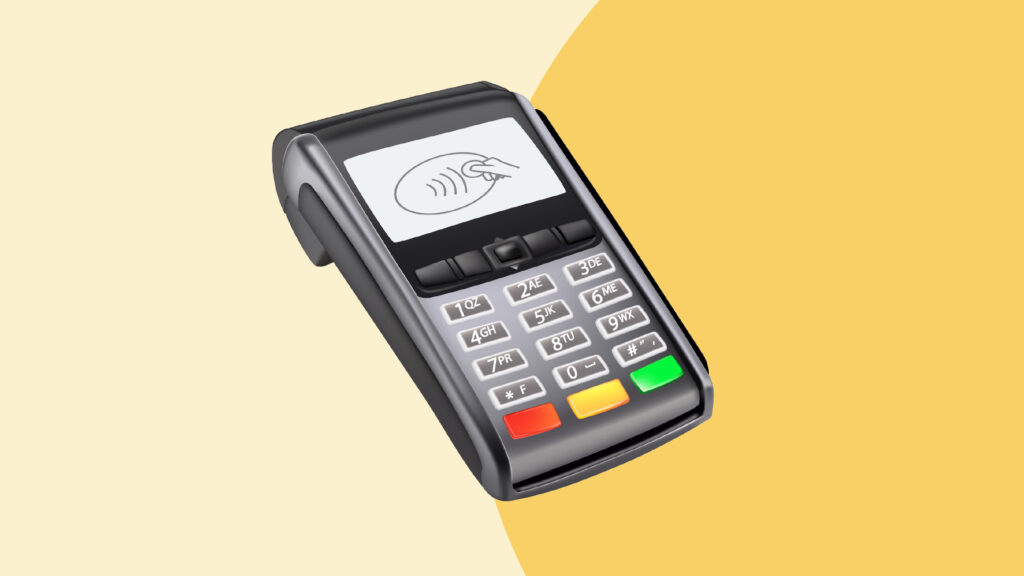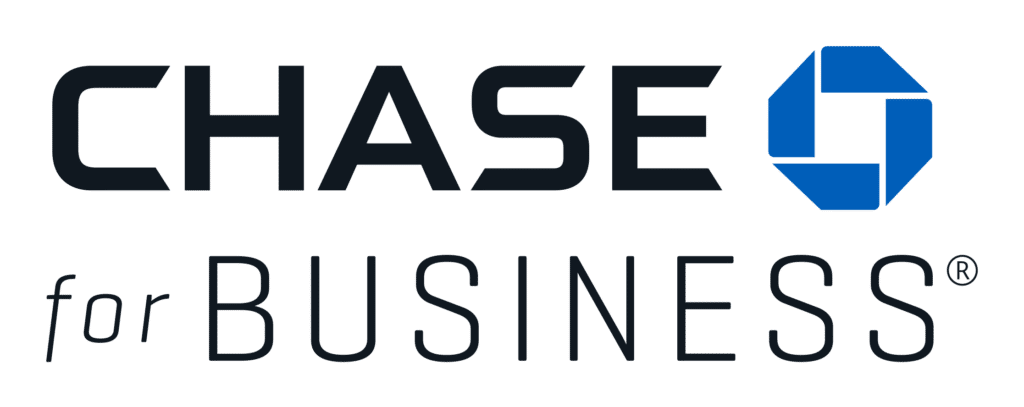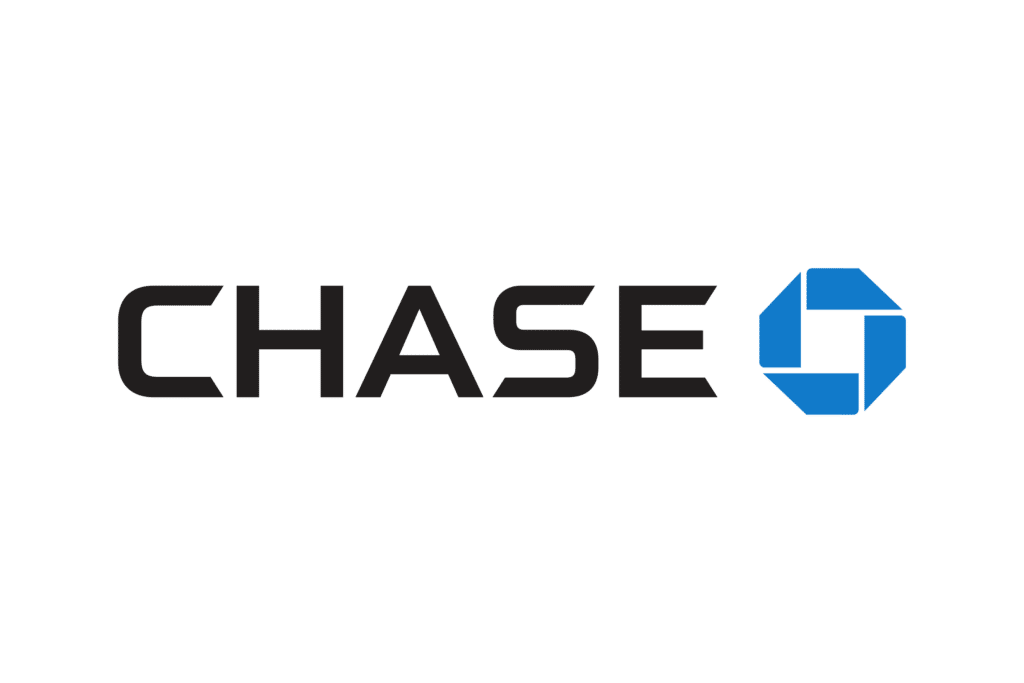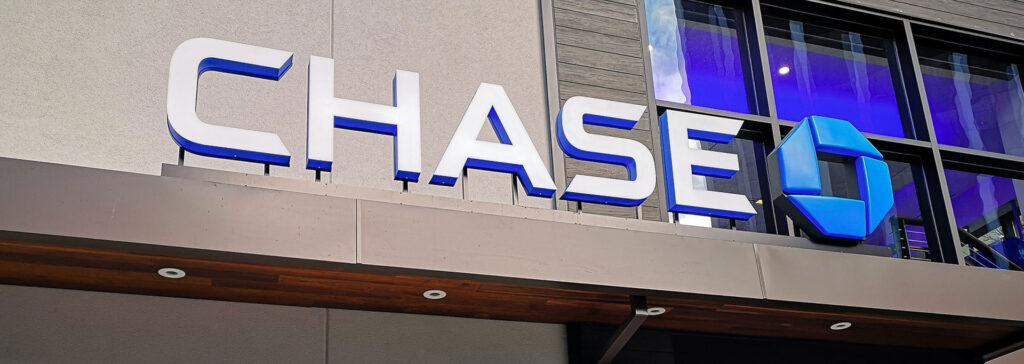Most products on this page are from partners who may compensate us. This may influence which products we write about and where and how they appear on the page. However, opinions expressed here are the author's alone, not those of any bank, credit card issuer, airline or hotel chain. This page may include information about American Express products currently unavailable on Slickdeals. American Express is not a partner of Slickdeals.
As the owner of a new small business, it’s essential to open a dedicated business bank account for your company. You should complete this critical step before your business starts spending money or accepting funds from customers.
The guide below will walk you through the basic steps of opening a business bank account. You’ll also discover how to choose the right bank for your business needs and why your company needs its own bank account in the first p
1. Gather Your Business Documents
When you apply to set up business banking services for your company, most financial institutions require you to submit documents as part of your application. While exact requirements can vary, here’s a basic checklist of the documents you might need to provide when you open a business bank account.
- Employer Identification Number (EIN)
- Personal Identification (Driver’s license or passport)
- Organizing Documents (e.g., Articles of Organization, Articles of Incorporation or Partnership Agreement)
- Business License (If required)
In addition to the documents above, you may also need to share other details on your application for a new business bank account. Many financial institutions may request information such as your personal mailing address, Social Security number, business mailing address, assumed business names (also known as "doing business as" certificates or DBAs) and m
Recommended Business Account
Chase Business Complete Checking®
- Our Rating 5/5 How our ratings work
- APYN/A
- Minimum
Deposit RequiredN/A -
Intro Bonus
$300-$500Expires May 14, 2026
Earn up to $500 when you open a new Chase Business Complete Checking® account. For new Chase business checking customers with qualifying activities.
The Chase Business Complete Checking® account is an attractive option. It offers the convenience of one of the largest financial institutions in the country, and it frequently offers bonuses that are relatively easy to earn. While it does not allow you to accrue interest on your funds like some other popular small business checking accounts, it's still very much worth considering if you can meet the requirements to waive its monthly fees.
Overview
The Chase Business Complete Checking® account comes loaded with a valuable sign-up bonus and an assortment of helpful perks, so long as you can meet the requirements to waive its monthly fees. It’s a good fit for many business checking customers, regardless of business size.
Pros
- Generous signup bonus
- Several options to waive monthly fee
- Same-day deposits using QuickAccept℠ service
- Huge network of in-person branches and ATMs
Cons
- Monthly maintenance fee
- Overdraft fees are relatively high
- Limit on fee-free cash deposits and physical transactions
2. Understand the Difference Between a Bank and a Credit Union
Once you gather the necessary documents, you’ll want to decide which bank or credit union is the best fit for your business bank account. Both types of financial institutions may offer banking services to consumers and businesses, but there are a few differences in how banks and credit unions operate.
- Banks are for-profit financial institutions available to anyone. The accounts you open at most banks are covered by the Federal Deposit Insurance Corporation (FDIC) for a combined total of up to $250,000.
- Credit unions are non-profit financial institutions owned by the members who use their services. Only people who meet certain requirements can open accounts with a credit union. The total deposits a member makes with a credit union are also insured up to $250,000, but by the National Credit Union Administration (NCUA) rather than the FDIC.
As you shop around for a bank or credit union that could work for your business bank account, there are numerous factors to consider. So, it’s wise to look over the services and features that different financial institutions offer their custome
3. Review the Features and Benefits That Matter Most to You
The most important details that should influence your choice of a business bank account are the services and benefits that matter most to you. Business owners expect certain services from their bank, but specific needs can vary from one company to another.
Here are several factors to consider as you narrow down your business banking options:
- Branch Locations: For some small businesses, having access to in-person banking services might be important. If your business needs the ability to deposit cash on a frequent basis, for example, you may value a financial institution with easily accessible branches and convenient hours to visit those locations. For other businesses that don’t need such features, the ability to work with online banks could provide more banking options to consider.
- Fees: Many financial institutions charge monthly service fees for business checking accounts and other types of deposit accounts. However, some of the best small business checking accounts feature no fees or options to qualify for a fee waiver. You will also want to pay attention to ATM fees, wire transfer fees, foreign transaction fees and any other bank account fees that might cost your business extra money.
- Minimum Deposit: Another detail to think about when you’re looking for a business checking or savings account is the minimum deposit requirements. As a brand new business, it’s important to choose a bank account that is easy to open and maintain without putting yourself under any added financial stress.
- Interest Rates: Some financial institutions are willing to pay higher annual percentage yields (APYs) on the funds your business stores in its deposit accounts in an effort to attract (and keep) your business. On the other hand, other banks and credit unions may offer lower interest rates on financing products like loans and business credit cards that could be useful if your business wants to borrow money.
- Bonuses: If your company needs to open a business bank account anyway, you might want to bank with a financial institution that offers a welcome bonus to new customers. Bank bonuses can be a great way to earn extra cash or rewards if you can satisfy a financial institution’s offer requirements.
The details above aren’t the only factors to consider when deciding which bank or credit union is the right fit for your business. But they can be a helpful list as you start your searc
 Related Article
Related Article
5 Services Business Owners Expect From Their Bank
Types of Business Accounts
Once you choose a financial institution for your business, you might want to open several types of accounts to fulfill your company’s needs. Here are some of the basic financial accounts available.
- Business Checking Account: A small business checking account can help you manage your company’s cash flow, pay taxes, separate personal and business finances and more.
- Business Savings Account: A small business savings account can be a useful tool to save money for future business goals and potentially earn higher interest rates from your financial institution (depending on the interest rate on the account).
- Business Credit Card: You can use a business credit card to build business credit, improve cash flow and perhaps even earn rewards or cash back on purchases your company needed to make anyway.
- Merchant Account: A merchant account (like Chase Payment Solutions℠) offers your business the ability to accept debit and credit card payments from custom
ers.
Chase Payment Solutions℠
- Our Rating 4/5 How our ratings work
Chase Payment Solutions℠ is equipped to provide comprehensive payment processing services and support to businesses of all sizes. With it, you'll be able to take payments however your customers want to pay you and wherever they want to, whether online or in-person and with any type of major credit or debit card. And since it's backed by a massive bank, you'll have access to branches dotting the country and 24/7 customer support.
Overview
One of the largest credit card processors in the U.S., Chase Payment Solutions℠ enables businesses of all types and sizes to accept card-based payments from their customers.
Pros
- Accept payments via brick-and-mortar PoS System, mobile payment app, or online.
- Works with most major sales platforms
- Comes from one of the largest banks in the world
- Access to Chase Customer Insights
Cons
- Pricing information can be vague or confusing
- Potentially cost-prohibitive
- Long-term contracts may be required
Bottom Line
There are sure to be many items on your to-do list when you start a new business. But opening a dedicated business bank account should be one of the first steps you take after you register your business and apply for a tax ID from the IRS.
A business bank account can make it easier to file business taxes and manage company finances. Maintaining separate personal and business financial accounts can also protect you and your business and help you stay legally compliant.
The good news is that opening a business bank account is not difficult. And once you complete this task, you can rest easier knowing that your business finances are structu.
Explore the Best Business Checking Accounts
Visit the Marketplace Business savings simplified
Business savings simplified
Explore the Best Small Business Savings Accounts
Visit the Marketplace











